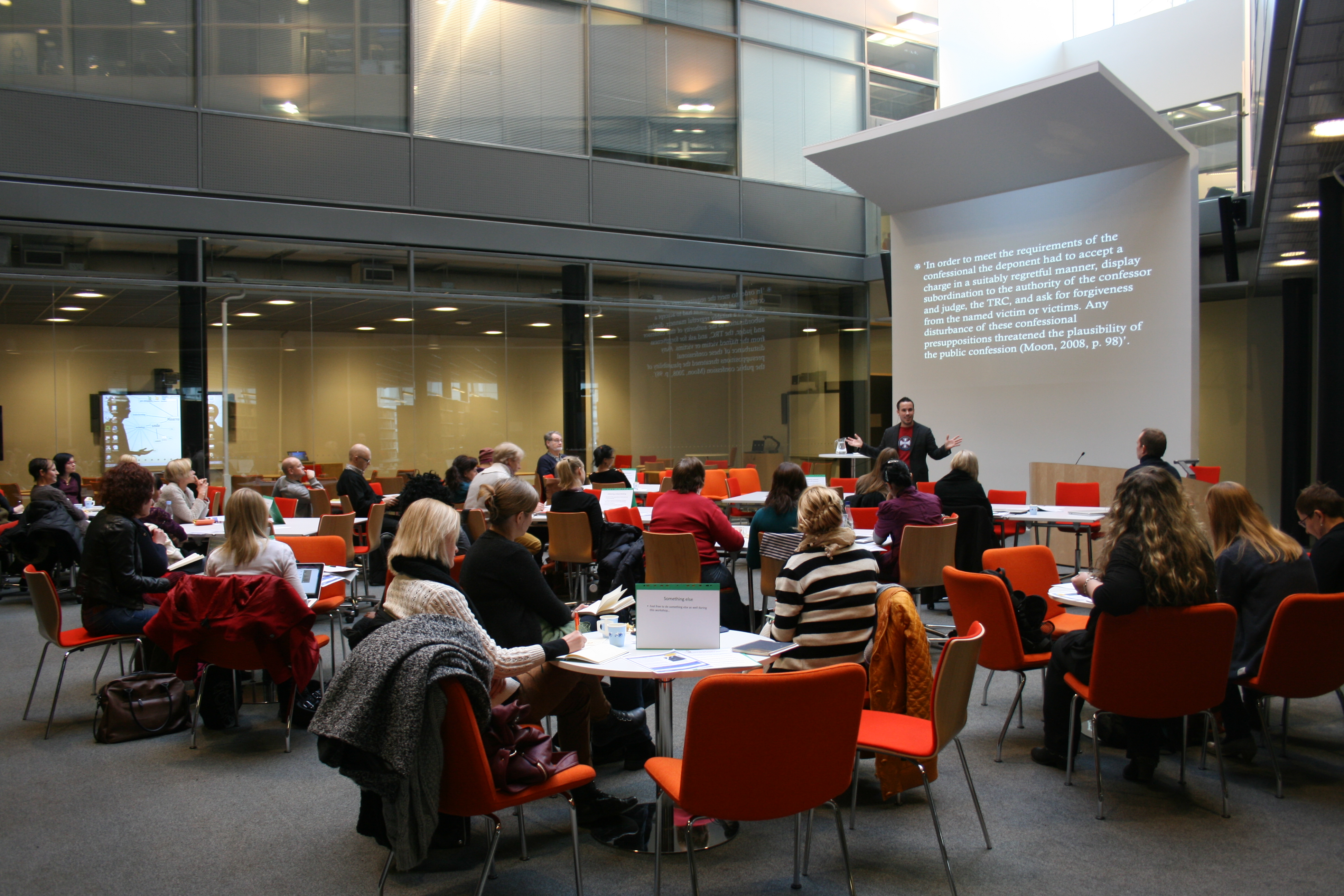Bringing Critical Thinking into Life in the Academia Workshop (Autumn 2013 – Spring 2014) by Rhizome of Critical Studies in Education of Adults in collaboration with the Nordic Centre of Excellence: Justice through Education in the Nordic Countries.
This international and multidisciplinary 1-year Workshop provides a unique opportunity to gain new understanding and foster critical thinking in teaching and research in the Academia.
Aims of the Workshop
This Workshop is intended to provide university lecturers, researchers, PhD and Master’s students theoretical and practical insights into critical thinking. The Workshop tackles the exciting and challenging task of bringing critical thinking into life. Participants will engage in the following questions:
- What does it mean to be critical in the Academia?
- What are the conditions that foster critical thinking?
- How can critical thinking be put into work in teaching and research?
The participants are given conceptual tools to investigate the relations between knowledge, power and subject as well as societal differences, and social justice. The workshop also provides a context for examining the art of deconstruction and becoming aware of the arbitrary, construed nature of language.
After the Workshop participants will be able to think reflexively and have a better ability to question their own epistemological and ontological presuppositions that influence their way of thinking and acting.
Professor Andreas Fejes (Linköping University) at Workshop Session 5 on 31st January 31.1.2014
The leading ideas beyond the Workshop
In the Workshop, critical thinking is neither determined beforehand nor linked only to traditional (marxist) critical thinking. Instead, fresh rethinking of the conventional is encouraged. All five sessions are designed to converge critical thinking on different points of view. This enables assessing different disciplines and research subjects and methods from different angles and also enhances communication and conversations between different research traditions.
The Workshop is built around enthusiastic, appraised and well-known guest lecturers who will provide presentations in various areas related to critical thinking. To engage all the participants in the process, dynamic group-work and non-formal ways of learning are used in addition to the more traditional lectures and seminars. The Workshop may also provide surprise visitors and activities during the process.
Participation and working methods
The duration of the Workshop is one year (autumn 2013 – spring 2014). Participants are encouraged to be actively involved during the whole process. There will be four oneday sessions with quest lecturers, plus the final session where participants present their own work. During the face-to-face session, active discussion will be encouraged and participants are invited to bring their own experiences into the discussion. Course literature will consist of selected articles that invite participants to reflect their own thinking and teaching, learning and research practices. In between the sessions, participants can voluntarily meet in small discussion groups and engage in a collaborative process of fostering criticality.
Moreover, participants are encouraged to communicate online and participate in individual and/or collaborative writing. During the 1-year duration of the workshop, participants will document and reflect their own learning processes, and prepare a final work related to critical thinking. The format of this final work can be discussed during the workshop, and it can be adapted to suit everybody’s best interest: It can be an academic essay, a journal article, a collaborative text, a performance, etc. Participants are also kindly requested to take part in a multidisciplinary research of the process. PhD and Master’s students will receive 5-10 credits for their active participation.
